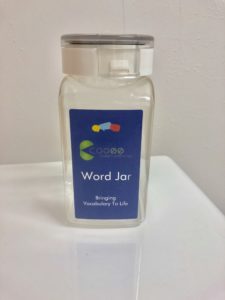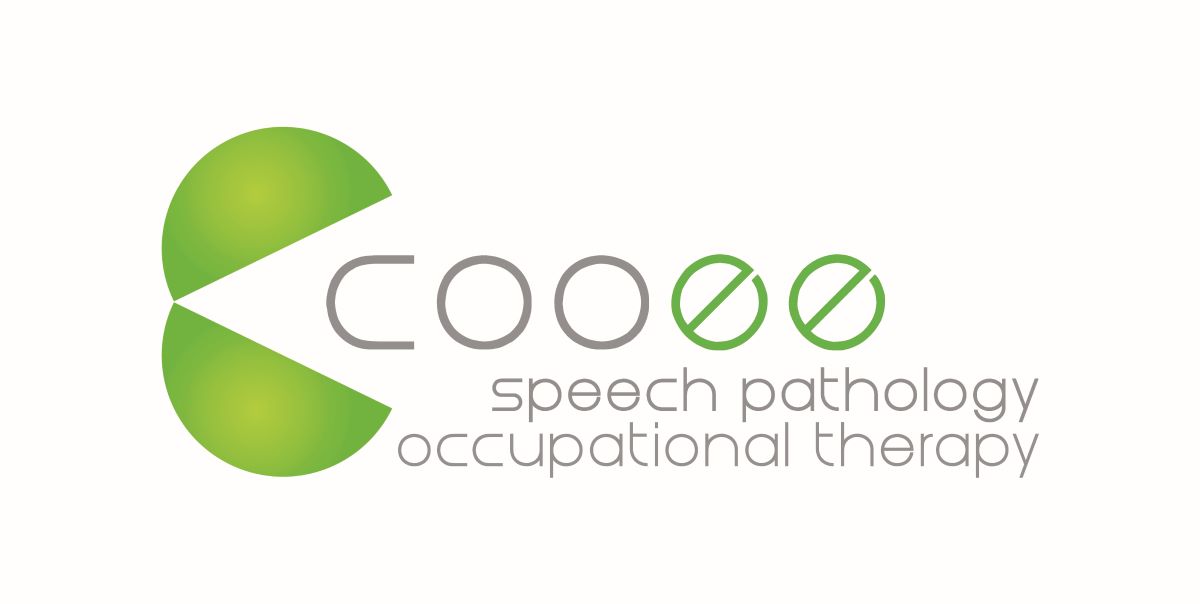How vocabulary helps teenagers with assignments!
Vocabulary matters!
As children head towards the upper primary and high school years, we see vocabulary become increasingly important.
As Speech Pathologists we often work with children in the younger years who have difficulties with learning new words, or have difficulties with reading. These two areas often contribute to a limited vocabulary, with children using less complex words when they speak, and having less words to choose from in their mental dictionary.
Therapy for vocabulary in these early years often focuses on categorisation and feature analysis of items (e.g. what parts an item has, what ‘kind’ of thing it is, what you can do with it), learning new robust vocabulary, alongside or through – extensive exposure to literature and shared book reading experiences.
As children develop we can easily forget how important vocabulary teaching is – as the focus of development in the early primary years switches to literacy learning, and children begin to decode books, learn sight words and spell.
Below there’s a few reasons why it’s important to keep focusing on learning new, interesting and varied words.
Why vocabulary matters
When children have gaps in their vocabulary, we see flow on effects in:
- writing skills – constructing creative sentences
- reading comprehension – understanding new words from context, or understanding the ‘main idea’
- spoken language – ability to explain complex ideas, develop reasons and opinions and tell stories that capture the listener
- learning skills- ability to understand instructions, or task demands, and comprehend task sheets
Which words are important for teenagers?
When choosing words to teach, we want to focus on words that are going to be relevant across lots of different environments.
In particular, words that will allow our high schoolers to understand, and complete their classroom requirements are a great place to start.
Blooms taxonomy refers to a set of models that teachers use to set educational goals, and there are a set of verbs that go alongside these goals.
As speech pathologists we often find that children with vocabulary difficulties find these verbs difficult to understand and differentiate – and thereby can have difficulties with task completion as a result.
Words like:
analyse
recall
summarise
paraphrase
describe
compare
How to help at home?
Finding a list of these words is easy – simply type ‘Blooms Taxonomy’ into any search engine, and there’s loads of examples. This one is a nicely organised list https://www.apu.edu/live_data/files/333/blooms_taxonomy_action_verbs.pdf .
You can also search by subject matter, e.g. if your child is in Year 4, and currently studying the First Fleet – type in Blooms taxonomy, first fleet year 4, search by the images – and you’ll find lots of examples of how these verbs might be used alongside classroom material.
Watch Steph’s video on the Cooee Speech Facebook last week for a strategy for how to teach these words.
Create your own Word Jar like ours, capture the words as you come across them in this jar,  have fun filling it up – and revise 1-2 words daily for reinforcement.
have fun filling it up – and revise 1-2 words daily for reinforcement.
Words are most salient, and remembered with greater clarity when they are taught in an inventive, and emotionally connected manner. Avoid drilling words, try link them in to real life – and everyday experiences that your child enjoys.
So.. remember – HAVE FUN!
Marion Giddy
Speech Pathologist
